Henry Akins Unstoppable Clinching and Takedowns
888 MB
Then this will be the most important page you ever visit on the topic of stand up, takedowns and takedown defense for fighting.
Here’s why: There is a style of takedowns and moving in base you can master in a relatively short time…
That gives you an unstoppable takedown strategy and defense, even against seasoned grapplers, and especially when strikes are in play… as long as a few things are true:
1. You’re not concerned with how silly you might look to build these skills.
Some of the drills you’ll do to learn this are not at all practical in real life.
Because they are situations that will simply never exist outside of training.
However, if you put in the time to actually do these ridiculous looking drills, the skill you will build is beyond mind boggling for anyone who squares off with you.
2. You don’t have an ego problem.
I can’t promise to make you an amazing wrestler or Judo expert with this series.
If you suck at wrestling before you watch this series, you will still suck at wrestling after you watch this series.
So to be clear: if you have an ego about your status as a wrestler or Judoka, these aren’t the secret details that will get you to the Olympics overnight, or even make you competitive with wrestlers or Judo athletes.
You WILL, however, learn everything you need to know to be dangerous for any type of fighter to deal with, because this series revolves around a central Jiu-Jitsu skill that completely levels the playing field – even against very skilled wrestlers or grapplers of any type – the upper body clinch.
Because this style of takedown is extremely simple to master, extremely reliable to stay safe in a striking or grappling context, whether gi or no gi, and is just as effective against seasoned grapplers as it is striking specialists… IF you know the hidden details and drills to build high level skill.
I will show you everything you need to do this.
3. You’re happy to forget what you think you know or others have taught you about “the best, high-percentage takedowns” and learn with a beginner’s mind.
For example, whether or not you’re a die-hard believer in the double-leg takedown, that’s not a takedown featured in this series.
One of the reasons why is a big part of my Jiu-Jitsu philosophy is I don’t believe in spending my limited training time on techniques that only work in some contexts.
And one context I would never, ever want to perform a double leg takedown in is on a hard surface like concrete.
It’s a really good way to break your kneecap or crack your skull, if things go south.
No, I prefer to train techniques that work just as well in EVERY context, with minimal adjustment.
That way, the muscle memory I build in my training time gets the same result everywhere I might have to apply it.
Also, the double leg is a really good way to catch a knee to your face, if your opponent has any sprawling skills whatsoever, or for whatever reason, you make a mistake.
We also don’t feature any Judo techniques because any sort of takedown that relies on grips will be basically worthless if there is no gi or jacket to grab onto, and Judo throws tend to put you in knockout range, where you’re very vulnerable to strikes even from an untrained opponent.
However, the upper body clinch, and all the takedowns that flow from it, not only works in every context, but is absolutely the BEST, SAFEST, most EFFECTIVE takedown strategy for the philosophy of Jiu-Jitsu…
Which is to use techniques that help smaller, weaker opponents dominate bigger, stronger opponents, and that keep you safe in a fight.
For example, just consider the example of Demian Maia in MMA.
Demian Maia, a Jiu-Jitsu fighter, focused on a very simple clinching and takedown strategy for MMA that was effective even against the most competitive wrestlers.
This strategy exploited his deep understanding of 2 critical concepts I teach all my students.
Those concepts are:
- Weight distribution and…
- Connection
Training these two simple concepts deeply allowed Maia to do what nobody would have believed…
Unless they had seen it themselves.
And the whole world was watching in amazed disbelief when they witnessed…
- Maia took down Rick Story 3 times in under 2 minutes, even though Story wrestled at Southern Oregon University, where he was a runner up in the 2006 NAIA National Championships. Story was unable to stop Maia’s simple strategy.
- Maia took down Jon Fitch 8 times! Fitch wrestled and was team captain at Purdue under the tutelage of legendary Tom Erickson, and was unable to stop Maia’s simple strategy.
- Maia took down Chael Sonnon from the upper body clinch! Even though Sonnon wrestled at Oregon, and earned All-American honors, was a two-time PAC-10 runner-up, silver medalist at the 2000 Greco-Roman World University Championships, and was a two-time Dave Shultz Memorial International Greco-Roman winner, he couldn’t stop Maia’s simple strategy.
If you would like to learn a simple, yet unstoppable strategy for clinching and takedowns, that will not only work but *keep you safe* no matter what context you’re fighting in…
Gi…
No-Gi…
MMA…
Self-defense…
And I believe nobody understood or taught these concepts, of connection and weight distribution, better than my teacher, Rickson Gracie.
With all that in mind, here’s just SOME of what you will discover in this course:
- How to (SAFELY) close the distance against an opponent who is using strikes against you, and take the fight to the ground on YOUR terms.
- How to master the 50% of the fight that is so undertrained these days, you will have an unfair advantage over 100% of your competition, because most people spend 20% of their time (or less) on clinching and takedowns!
- The 2 big dangers of takedowns that require “shooting in” and what to do instead (this is especially useful for those fighting bigger, stronger opponents!)
- The #1 danger of using Judo takedowns in a fight that actually has nothing to do with grips, but can instantly mean K.O. for you! (Hint: Hockey players use this constantly!)
- The #1 rule in fighting, that has nothing to do with hurting your opponent, and explains why you never, EVER want to drop your knee on a hard surface for a takedown!
- How to avoid the most common mistake people make with their HIPS that completely destroys any chance of having a solid base (you will fall like a house of cards at the first ounce of pressure from the wrong direction if you’re not aware of this – no matter how sure you are you’ve got a solid base. Here’s what to do instead, that will root you into the ground like an oak tree – impossible to budge!)
- A simple 4-part acid test you can perform in just a couple of seconds that proves you have an immovable base. You can perform this test any time during your drills, practice or sparring, and it will improve your ability to stay on your feet to “inhuman” levels, compared to those who don’t do this regularly.
- A quick guide to moving in base, that will guarantee you are just as stable in motion as you are when standing in oak-tree solid base!
- The legendary “mirror drill” – a game you can play any time, to build not only your ability to stand and move in base, but to stalk your opponent and deny them ANY distance or cutting of angles – so they are never safe from your advances and are always vulnerable to your inevitable clinch and takedown.
- How to use the “George Foreman Defense” to manage distance and stay safe from the most dangerous strikes 100% of the time – and never skip a beat in closing the distance SAFELY when strikes are in play.
- Why Rickson said, “If you want to stay safe from strikes, you DON’T want to learn from a grappler.” and why I chose George Foreman specifically for the inspiration for the Hidden Jiu-Jitsu clinching strategy.
- Why I do NOT recommend the “crazy monkey” defense commonly taught to grapplers, and why I believe the George Foreman defense is 1000x better for fighters of any skill level.
- How the George Foreman defense is not only safe for you, but extremely dangerous for strikers with any accuracy whatsoever, because if they DO connect with the areas they normally would, they will very likely damage, if not break their hands.
- 2 separate drills that perfect your applications of the George Foreman defense so you KNOW you’re safe. These drills are pure gold, priceless even, because they will give you CONFIDENCE to apply your technique perfectly and swiftly when you need it most, and you will be comfortable.
- A ridiculous looking drill – silly even – that is in no way practical or would ever happen in real life. Yet, this drill has the power to make you absolutely inescapable as a clinch and takedown artist. They’ll laugh when they see you training, but they’ll cry if they have to fight you.
- The foolproof, passive way to pass “the danger zone” so your opponent can’t strike you.
- Where you want your shoulders to be in relation to your hips as you move.
- How to judge your timing and distance for the clinch so you’re confident and comfortable with closing the distance on a striking opponent.
- How to make sure the clinch ONLY happens on your terms. These are the strategies you need to make sure YOU dictate the fight, not your opponent.
- The ultimate tool to close the distance aggressively, that is so effective, and so dangerous, it’s been suggested it be banned from all MMA competition – and how to use it to completely dominate the fight from the feet.
- How to bring your leg UP for the Gracie Jiu-Jitsu front kick – for maximum base, balance and impact (and to make sure when you land, you’re STILL in base no matter what your opponent does)
- A timing drill for the front kick so that it’s second nature and you fire it off with the perfect timing without having to think about it in a fight – as SR said, “If you have to think, you’re already late!”
- A fundamental drill to learn how to pummel correctly to establish double underhooks, and to be able to deny your opponent double underhooks against you.
- What to do with your shoulder when you clinch to give you a MASSIVE advantage in who controls and dictates the movement.
- A tool you can use to completely shut down your opponent’s ability to pummel – so you can easily take double unders and get the dominant position when you find yourself in the classic pummeling ‘race’.
- How to counter that same technique that denies the ability to pummel – in case your opponent gets smart and tries it on you – heads you win, tails they lose.
- How to get your hands together if you’ve got double unders and your opponent is defending by pinching your arms together so you can’t lock your hands to finish the clinch – this one is wicked!
- How to break your opponent’s posture for the takedown – this is another unique way of doing things I don’t see taught anywhere else, but I feel is superior by far for reasons you’ll see on the video. You’re not vulnerable to throws or being off balance, and your opponent will feel like they are slipping down the driveway on a sheet of ice, totally helpless to stop it or regain their balance.
- What to do when your opponent changes the angle when you’re trying to break posture – immediately turn the tables again and easily take them down!
- How to take the back from the clinch once you have double unders – there are 2 BIG things you need to be aware of to stay safe, and a few hidden details that will change the game completely for you.
- There are a few different takedowns – once you have the back – that area ideal, depending on how your opponent is standing. For this takedown, we basically use leverage to pick them up and dump them on the ground, assuming they are standing a certain way. This video will show you which stance is appropriate for this takedown, and a couple of key details that will make it effortless and effective for you, even if your opponent is much heavier than you.
- After you’ve taken the back from double unders, your opponent may be a bit bent over. From this stance, there’s a very easy takedown that requires zero strength whatsoever – but some incredibly important details that involve how to use your own weight to make sure you maintain the dominant position on the ground, that will make all the difference. It does you almost no good to get the takedown if you can’t KEEP the dominant position on the ground – in fact, if you give the dominant position to your opponent, you would have been better off forgetting the takedown altogether and just running away to get help.
- CRITICAL details for the leg hook takedown that make this unlike any other version commonly taught – and wickedly effective no matter how hard they try to stop you or how good their standup game is! Also – a key detail for your landing that will make the difference between seriously hurting your arms or hands, and being completely stuck, or being completely mobile and safe. Your choice (DON’T forget this detail).
- The single leg grab from over / under clinch – and how to use your shoulder trick from earlier to make this unstoppable! COMPLETELY take away his ability to move you, while you move him with ease!
- Yet another counter to the whizzer defense – the sitting leg trip, that puts them down fast when they try to get clever!
- A lightning fast ankle trip when your opponent is committed to trying to drive with their legs to resist your clinch – turn their resistance into your takedown, an immediate mistake for them and quick victory for you!
- The angle you need to use for the single leg form over / under clinch – get this wrong and you lose everything. Get it right and you will be unstoppable as a freight train – even if they outweigh you by 100+ lbs.
- A simple way to counter the defense many experienced grapplers use – hooking their leg inside to stop the takedown – and a small adjustment you can make in half a second that makes this impossible – you can always win this race and it will nullify this defense immediately.
- How to set up the single leg so your opponent is forced to give you everything you need – and there is nothing they can do to stop you.
- The knee tap – an incredible surprise takedown from the over / under clinch that relies completely on your weight distribution and a couple hidden details for grips and how to move your hand to free it – if you can start a lawnmower, you can easily dominate the takedown game from the over / under clinch with this one!
- What to do IMMEDIATELY when your opponent achieves double under grips against you.
- How to break your opponents grips after you’ve begun your escape from double unders.
- What you should do immediately after you’ve escaped double unders and broken your opponent’s grips to maintain total control of the fight.
- How to counter YOUR posture being broken when your opponent has double unders, so you instantly turn the tables and turn his takedown into your takedown.
- Two great options for takedowns when your opponent is holding a collar tie against you. If you plan on competing in tournaments you MUST know this. It will save you time and time again, and basically deliver the takedown to you.
- Yet another option from the collar tie – how to TAKE THE BACK, EVERY TIME!
- The low single – how to do it like a pro, make it feel effortless, and when is the best timing and what is the best distance for it (and no, you don’t need to worry about the soccer kick to the head – and I show you a demo for WHY).
- A simple, easy-to-do takedown you can use when you’ve got someone pinned against the wall – or cage – or whatever surface you may need – because if a wall is behind your opponent, you can’t take them backward. Here’s how to use this to your advantage and score an easy takedown that gives you control of the ankle to pass the guard as well.
If you’re ready to learn all the above and more, and become unstoppable with clinching and takedowns, then click the button below to get started right now.
Sincerely,
Henry
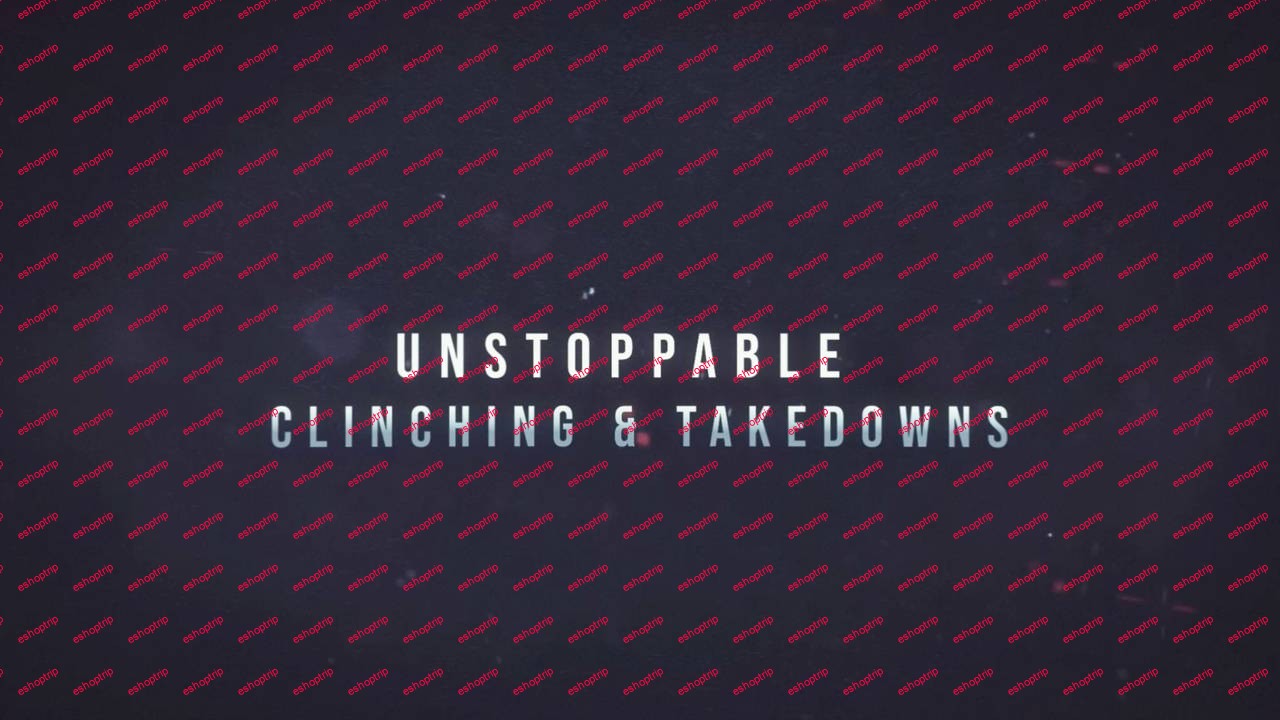
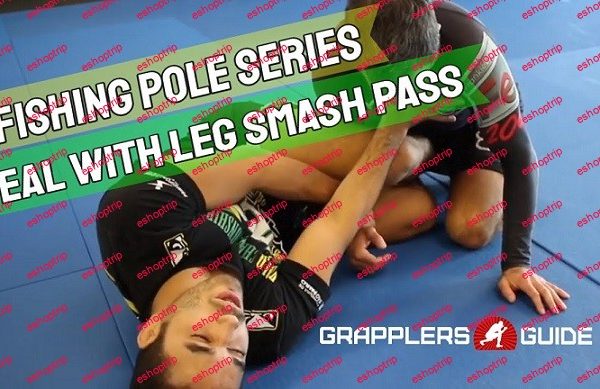




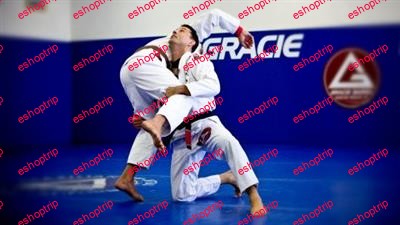
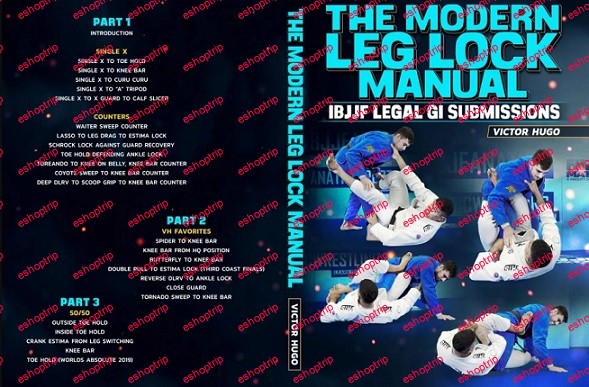
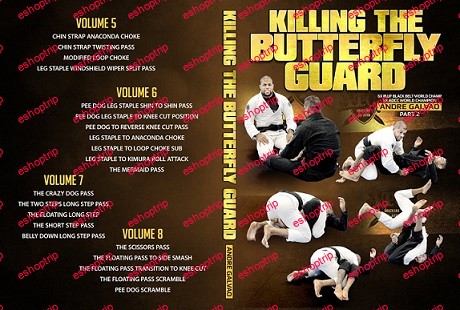
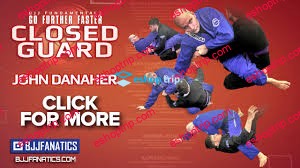

Reviews
There are no reviews yet.